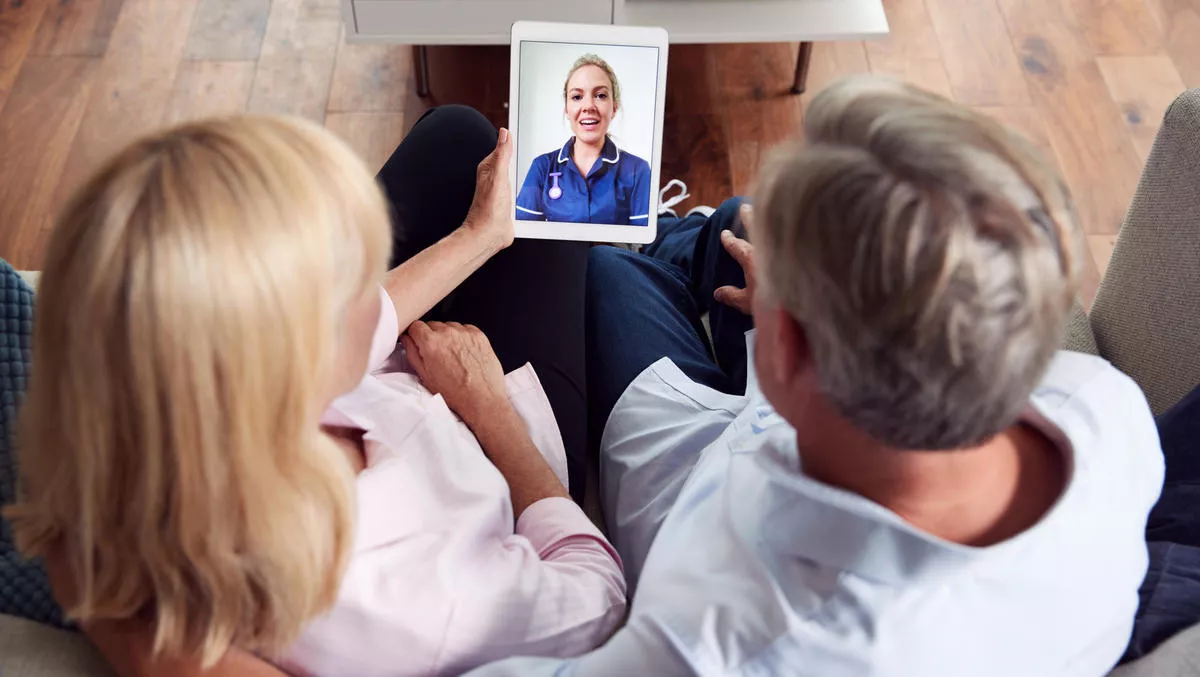
Are robust digital experiences the future of healthcare in New Zealand?
The future of care will require health organisations to invest in digital experiences and understand the relationship between people and technology.
This is the primary finding of a new report from Accenture titled the Digital Health Technology Vision 2020.
Based on a survey of 259 payer and provider healthcare executives, the report finds that the vast majority (85%) of executives believe that technology has become an inextricable part of the human experience.
Furthermore, 45% of those polled said that rapid advancements in new technologies and scientific innovations are positioned to disrupt their industry.
The research found that 69% of healthcare payers and providers are already piloting or adopting artificial intelligence, which will enable fluid interactions between human and machines.
Yet only 39% said they have inclusive design or human-centric design principles in place to support human-machine collaboration.
In addition, more than two-thirds (71%) of the executives believe that robotics will enable the next generation of services in the physical world, yet 54% believe that their employees will be challenged to figure out how to work with robots.
The report argues that despite benefiting broadly from technology, people are expressing concerns about how and for what it's used.
A majority (70%) of healthcare consumers polled as part of the research said they are concerned about data privacy and commercial tracking associated with their online activities, behaviours, location and interests.
The same number (70%) of consumers also said they expect their relationship with technology to be more prominent in their lives over the next three years.
With more than three-quarters (78%) of the healthcare provider and payer executives saying they believe that the stakes for innovation have never been higher, the report notes that "getting it right" will require new ways of innovating with ecosystem partners and third-party organisations.
Accenture senior manager of the strategy and consulting practice in New Zealand Suraj Sowki says, "The intersection between digital technology and healthcare experiences has certainly accelerated with the COVID-19 pandemic, and leading the future of care will demand rethinking core assumptions about the intersection of people and technology.
"People's perceptions of and relationships with technology are changing, and to adapt, healthcare payers and providers need to redesign digital experiences.
Sowki says, "The use of robotics is especially exciting in healthcare, where need has no boundaries and workers are already spread thin.
"But as robotic capabilities extend beyond controlled environments, healthcare organisations will face new challenges around talent investments, data collection, and human-machine interaction and collaboration.
He says, "Virtual healthcare services became a necessity for many New Zealanders during the COVID-19 pandemic as efforts to slow transmission of the virus sharply limited face-to-face visits with doctors and other professionals.
"This is a change of historic proportions, and it gives healthcare providers across the spectrum an unprecedented chance to permanently shift the default care model to virtual services for many medical needs.
Sowki says, "Now is as good a time as ever for modernising the aging healthcare infrastructure in New Zealand. We should use this as an opportunity to increase access to medical expertise through digital healthcare experiences and supplementary services that a digital ecosystem brings.


